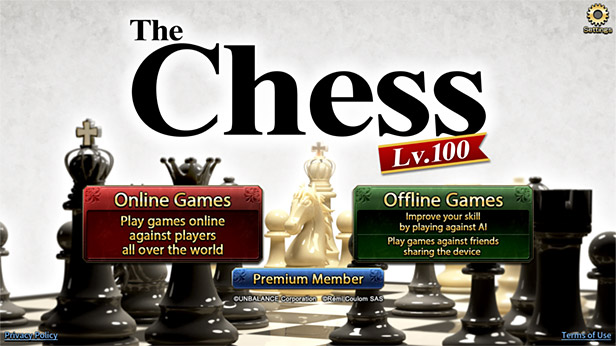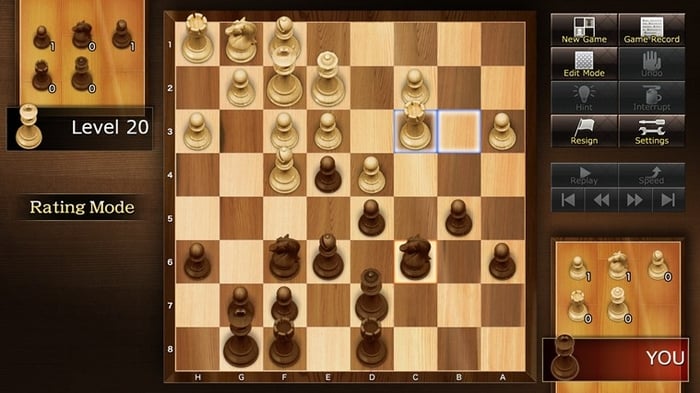
Though this trope generally applies to impossibilities (things that the player literally cannot do no matter how well they play and no matter how many things they've unlocked in the game at that point, the computer will just have extra resources or abilities), it can also just apply to more conventional cheating. Conversely, arcade versions of games ("quarter munchers") often cheat more than home console versions. Some games have even used the fact that their AI is not a cheating bastard as a selling point.

In ZX Spectrum forums such as, this phenomenon (real or imagined) is known as "cheatingbastness". This can be a quick-and-dirty method of achieving a "level" playing field against a skilled human player (especially in older games, where hardware and AI capabilities were limited and prone to Artificial Stupidity), but can also create Fake Difficulty when the computer has access to moves that a human player (in the same context) clearly does not. The computer player is a cheating bastard whenever the "rules" differ between you and Video Game A.I.-controlled opponents. It doesn't matter whether you're an expert or a beginner: the game will adapt the matches to your level as there are 100 different levels and you have the possibility to adapt the computer's play style to your ELO ranking.- Jonny Ebert, lead designer of Dawn of War II on video game A.I. Possibility to choose the computer's level according to its ELO ranking.Years don't go by for such a classic game. Therefore, we can challenge our computer or any of our friends in exciting chess games to put our strategic thinking to the test.

It comes along with a simple interface in which its design has been well-kept to keep it neat to the eye but without going over the top. Functional design without losing attractiveness This is an application to play one of the most popular board games all over the world. Do you really need us to explain what The Chess Lv.100 is all about? Yes, you're right.


 0 kommentar(er)
0 kommentar(er)
